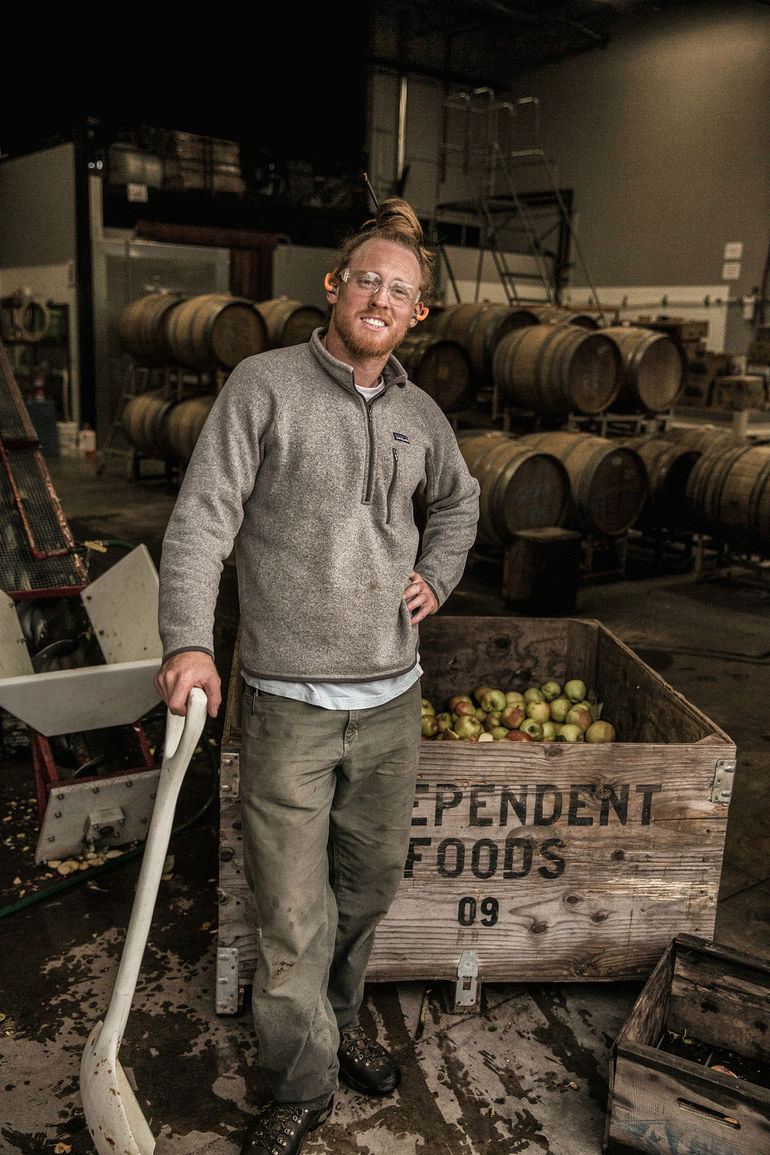Start 14-Day Trial Subscription
*No credit card required

2 Towns Ciderhouse Head Cider Maker & Co-Owner Talks Pommeau
We spoke with 2 Towns Ciderhouse Head Cider Maker & Co-Owner about Pommeau.
BC: Who came up with this cider’s recipe?
Well, the French originally, but back when we first made this in 2011 we had to adapt our own style based off of the basics we knew about Normandie Pommeau production: high-quality apples, high-quality spirits and a long time spent in oak barrels.
BC: What’s your favorite aspect of this cider (flavor, aroma, etc.)?
My favorite aspect of this cider isn't a specific attribute, but the fact that this product can only be made from time spent in barrel. There is a very special harmony that develops between the spirit, the fruit character and the wood that is not apparent when it is first blended but only revealed with the passage of time.
BC: Where does this cider’s name come from?
In French, Pomme = apple and Eau = water, but, of course, this was named by French apple farmers long before we started making it.
BC: Is this your “desert island cider?”
Pommeau is way too heavy for a desert island. This is my 'dessert island' cider! I hope someone finds that funny.
BC: Can you describe this cider in 10 words or less?
A beautiful harmony of apples, spirit and wood.
BC: Do you know a story – or have a personal story – that revolves around this cider?
Well, all of us at 2 Towns believed that being a French beverage, it was by default a very fancy delicacy. It turns out Pommeau was actually something only apple farmers made and hence was (and still is) considered a very 'country' thing. It was actually illegal to sell until 1981 and is the secret ingredient in many French recipes.
BC: What's a good food pairing for this cider?
Traditionally Pommeau is served as an aperitif and can be paired with the rich foods of Normandie such as foie gras or Camembert, but I personally love serving it alongside flaky French pastries.




